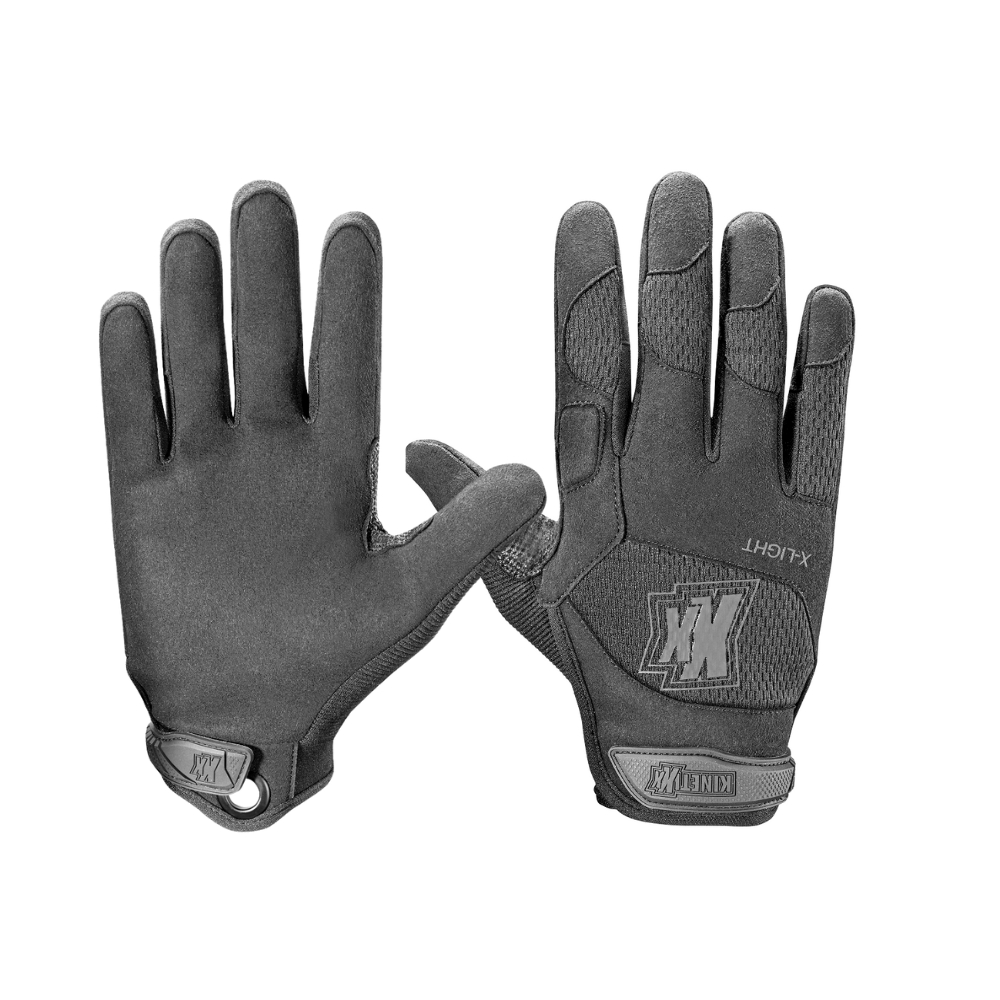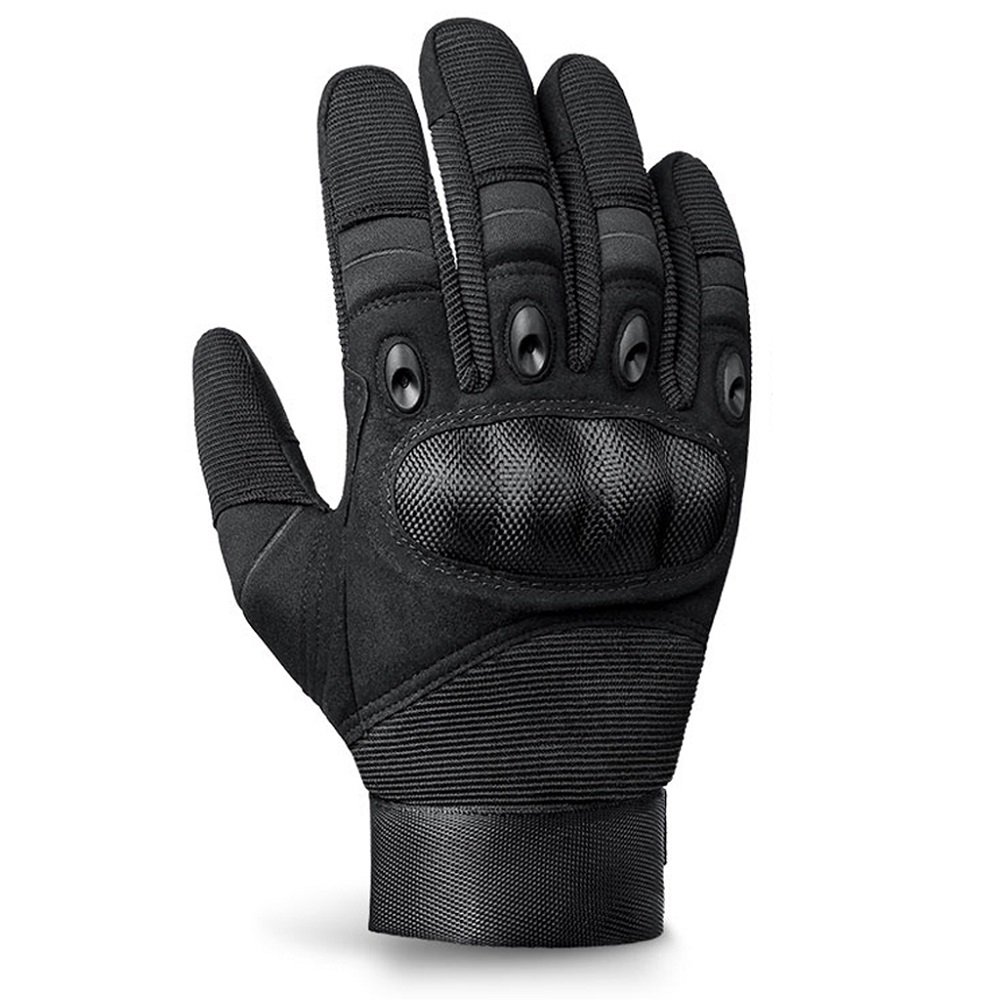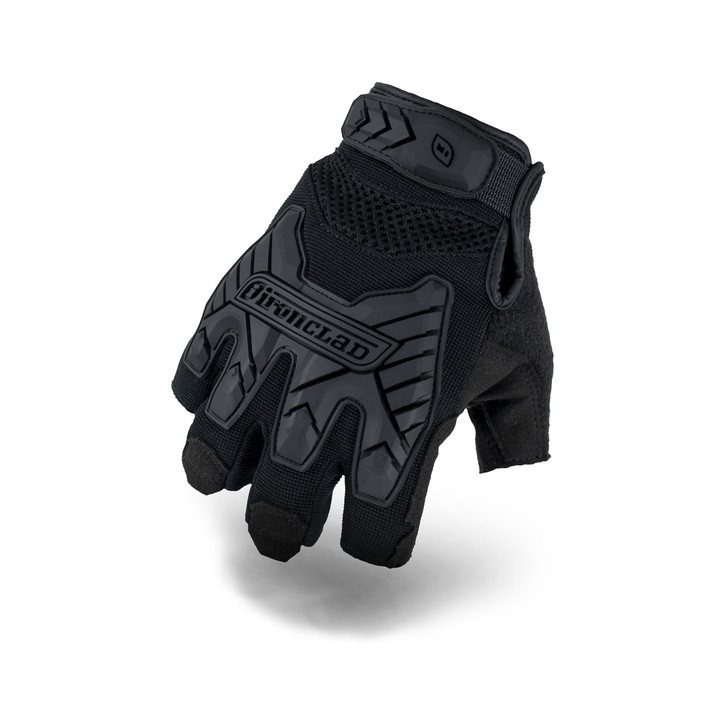Law enforcement officers face numerous challenges daily. One of these challenges is working in potentially hazardous environments. To protect themselves, police officers use various tools and gear. One crucial piece of equipment is gloves. Police gloves serve multiple purposes, including protection, grip, and enhancing dexterity. Let’s break down why gloves are so important in law enforcement.
The Role of Gloves in Officer Safety
Gloves play a vital role in ensuring officer safety. When officers are on duty, they often encounter situations where they may come into contact with dangerous substances. For example, they may handle evidence, conduct searches, or detain suspects. In all these scenarios, gloves act as a barrier. They protect the officers from harmful materials.
During an arrest, officers might face various risks. When dealing with a suspect, they may encounter weapons or illicit drugs. In such cases, wearing gloves can help avoid injuries and contamination. This is especially crucial when handling potential evidence. Gloves minimize the risk of transferring fingerprints or DNA onto items. They ensure that the evidence collected is pure and admissible in court.
Moreover, specific types of gloves offer protection against biological agents. These agents can include blood, saliva, or other bodily fluids. In situations where there is a risk of exposure to these fluids, wearing gloves is essential. Not only do they keep the officers safe, but they also prevent the spread of pathogens.
Types of Police Gloves
There are various types of gloves designed for police work. Each type has its features and advantages. Let’s explore some of the most commonly used police gloves.
Nitrile Gloves
Nitrile gloves are a popular choice for law enforcement. Made from synthetic rubber, they provide excellent barrier protection. They are particularly effective against chemicals and punctures. This makes them suitable for various tasks, from evidence collection to traffic stops. Nitrile gloves are also latex-free, making them ideal for individuals with latex allergies.
These gloves offer a snug fit, which enhances dexterity. Officers can easily manipulate tools and handle evidence without worrying about the gloves slipping off. This level of control is essential when precision is required.
Leather Gloves
Leather gloves are another vital option for police work. They offer a combination of durability and protection. Officers may wear these gloves during search and seizure operations. The tough material provides a degree of protection against cuts and abrasions. Leather gloves also offer a good grip, which is crucial when handling tools or controlling a suspect.
In colder climates, leather gloves can provide warmth as well. This is especially important for officers who work in harsh weather conditions. They can maintain functionality while also staying comfortable.
Tactical Gloves
Tactical gloves are designed for specific situations. They often come with added features such as reinforced knuckles and enhanced grip. These gloves are ideal for officers involved in special operations or SWAT teams. The added protection can be crucial during high-risk situations.
Tactical gloves also often feature touchscreen compatibility. This allows officers to use their devices without removing their gloves. This convenience can be essential when responding to emergencies.
The Effect on Officer Performance
Wearing the right gloves can significantly affect officer performance. With proper protection, officers can focus on their duties without distraction. This leads to better decision-making and improved enforcement of the law.
When officers feel secure, they are more confident in their actions. They can engage with suspects or the public without fear of contamination or injury. This confidence carries over to their interactions. A well-protected officer can handle situations with authority and professionalism.
Moreover, gloves can enhance grip and dexterity. This means that officers can effectively use tools, handcuffs, or even firearms. When officers wear gloves that allow for a full range of motion, they perform better. They can react quickly and appropriately in dynamic situations.
Training and Awareness
Despite the importance of gloves, training is vital. Officers should receive proper training on when and how to use gloves. They should also understand the limitations of different types. For instance, not all gloves are suitable for every situation. Officers need to know which glove to use for specific tasks.
Continuous training ensures that officers remain aware of best practices. They can learn the importance of changing gloves frequently. This helps to avoid contamination and ensures that they are always protected. Additionally, training sessions can focus on the proper removal and disposal of gloves to prevent cross-contamination.
Awareness of glove choices also contributes to safety. Officers should know about advancements in glove technology. New materials or designs may offer better protection. Staying informed allows officers to make educated decisions about their gear.
The Environmental Impact of Police Gloves
An often-overlooked aspect of police gloves is their environmental impact. While gloves serve valuable purposes, they contribute to waste. Many gloves are disposable, leading to increased landfill needs. As officers use gloves frequently, this can lead to significant waste over time.
However, some companies offer eco-friendly options. Biodegradable gloves are becoming more popular. These gloves break down more quickly than traditional materials. Encouraging the use of sustainable options can be beneficial for both the environment and the department.
Additionally, departments should consider recycling programs. Educating officers on proper disposal methods can help reduce overall waste. Implementing a program that promotes sustainable practices can lead to a positive change in the community.
Choosing the Right Gloves
Selecting the right gloves is essential for police work. Officers should assess their specific needs and environments. Various factors come into play when making a choice.
First, consider the type of duties performed. For traffic stops, a thinner glove may suffice. However, in situations where biological hazards are present, thicker, more protective gloves are necessary. Evaluating the risks associated with each task will help officers choose accordingly.
Next, comfort and fit should also be considered. An ill-fitting glove can hinder movement or cause distractions. Officers should try on multiple sizes and styles to find the right fit. The right glove should provide protection without sacrificing comfort.
Finally, cost is a factor in choosing gloves. While it’s essential to select quality gloves, budget constraints exist. Departments must balance cost and effectiveness. A well-researched decision will lead to the best outcomes for officers.
Innovations in Police Glove Design
The design of police gloves has evolved over the years. New materials and technologies continue to emerge. These innovations aim to enhance performance and safety.
For instance, some gloves now feature advanced grip surfaces. These surfaces provide extra traction during adverse conditions. Whether it’s wet, icy, or a high-stress environment, improved grip helps officers maintain control.
Moreover, newer gloves may include moisture-wicking properties. This helps keep hands dry during extended use. Dry hands enhance grip and reduce discomfort. Officers can maintain focus on their tasks without distractions.
Smart Gloves
Additionally, the concept of smart gloves is gaining traction. These gloves may incorporate technology that tracks officer movements or collects data. This information can be vital for training and performance evaluations. Smart gloves can provide insights into how officers can improve their work.
The Psychological Aspects of Wearing Gloves
The psychological impact of wearing gloves is noteworthy. For many officers, gloves symbolize preparedness and professionalism. When they wear gloves, it signals that they are ready to handle their duties effectively.
This feeling of readiness can boost an officer’s confidence. It helps them approach situations with a focused mindset. The act of donning gloves can become a mental cue, signaling the transition into work mode.
Furthermore, gloves can also influence public perception. When citizens see officers taking precautions, it can create a sense of trust. It shows that officers prioritize safety, not just for themselves but also for the community.
Conclusion
Police gloves are an essential piece of equipment for law enforcement officers. They provide a barrier of protection and enhance performance. Choosing the right type of glove is crucial, as it can vary based on the situation. With advancements in materials and designs, gloves continue to evolve, contributing to officer safety.
Training and awareness are equally important. Officers must understand the purpose and limitations of the gloves they wear. Additionally, they must stay informed about new innovations that can further enhance their protective gear.
In conclusion, gloves are more than just a simple accessory. They play a vital role in police work. As officers face various challenges daily, well-designed gloves can help them perform effectively while ensuring their safety. Investing in quality gloves, staying informed, and prioritizing training will lead to better outcomes for both officers and the communities they serve.



